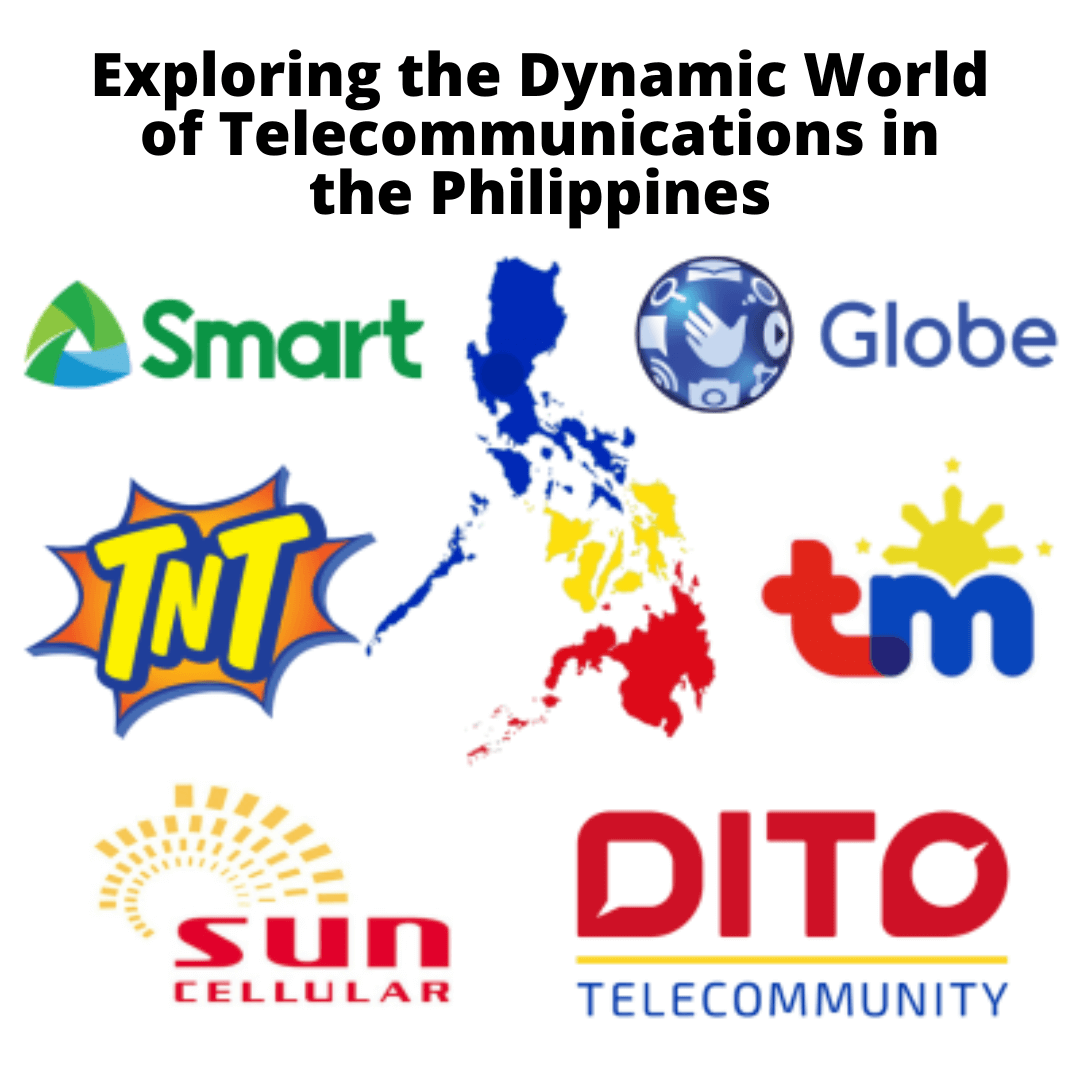Key Takeaways
| Aspect | Details |
|---|---|
| Mobile Network Prefixes | Understanding the significance of prefixes in identifying network providers for optimal connectivity and cost management. |
| Network Providers | Insight into major players like Smart, Globe, Sun Cellular, and emerging ones like DITO and GOMO. |
| Legislative Developments | The impact of new legislation on telecommunications and digital economy in the Philippines. |
| Technological Innovations | The role of innovative solutions like eSIM in enhancing connectivity for tourists and locals. |
| Network Resilience | How major networks maintain operations during natural disasters like Tropical Storm Kabayan. |
| Security Enhancements | Upgrades in SIM registration systems to prevent fraud and ensure data integrity. |
| Financial Strategies | The financial maneuvers of major telecoms, like Globe Telecom’s significant loan for expansion and development. |
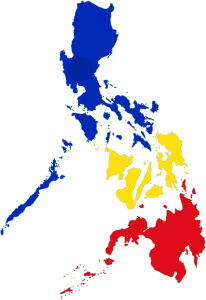 The Telecommunications Landscape in the Philippines
The Telecommunications Landscape in the Philippines
The Philippines’ telecommunications industry is a vibrant and rapidly evolving sector, marked by a diverse range of players and innovative technological advancements.
Central to this landscape are the mobile network providers, each distinguished by unique prefixes that not only define their identity but also play a crucial role in determining call rates and connectivity across the archipelago.
Major Network Providers: A Comparative Overview
Smart Communications
Smart Communications stands as a leading provider in the Philippines, recognized for its extensive coverage and competitive call and text rates.
Users can easily identify Smart subscribers through specific prefixes, which are essential for effective communication and billing.
 Globe Telecom
Globe Telecom
Globe Telecom, another major player, is known for its reliable service and diverse offerings.
Similar to Smart, Globe employs distinct prefixes for its subscribers, aiding users in managing costs and ensuring network compatibility.
Sun Cellular, Talk ‘n Text, and Others
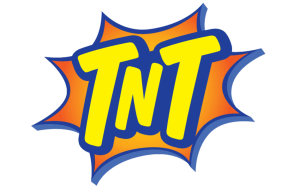 Sun Cellular and Talk ‘n Text (TnT) are also significant contributors to the telecommunications scene.
Sun Cellular and Talk ‘n Text (TnT) are also significant contributors to the telecommunications scene.
Sun Cellular is acclaimed for its budget-friendly plans, while TnT is popular among prepaid mobile phone users for its affordability.
Emerging Providers and Innovations
DITO Telecommunity and GOMO
New entrants like DITO Telecommunity and GOMO are reshaping the market with their innovative services. DITO, noted for its rapidly growing popularity, and GOMO, a digital telco provider, both offer unique prefixes for easy identification and billing management.
Legislative and Technological Developments
Legislative Advances
Recent legislative efforts, such as the proposal to eliminate e-wallet fees for minor transactions, reflect a commitment to fostering financial inclusion and digital literacy in the Philippines.
Technological Breakthroughs
 The introduction of eSIM technology by Globe and Smart is revolutionizing the way tourists and locals connect. These eSIMs provide hassle-free connectivity and are particularly beneficial for travelers arriving at Philippine airports.
The introduction of eSIM technology by Globe and Smart is revolutionizing the way tourists and locals connect. These eSIMs provide hassle-free connectivity and are particularly beneficial for travelers arriving at Philippine airports.
Resilience and Security in Telecommunications
Maintaining Operations During Natural Disasters
The resilience of telecom networks like PLDT, Smart, and Globe during events such as Tropical Storm Kabayan showcases their commitment to uninterrupted service and network stability in challenging conditions.
 Enhanced Security Measures
Enhanced Security Measures
Globe Telecom’s upgrade of its SIM registration platform to prevent fraud and ensure data integrity is a significant step towards enhancing user security.
Financial Maneuvers and Future Prospects
Globe Telecom’s recent securing of a substantial loan from BDO Unibank underscores the ongoing financial strategies employed by major telecom providers to expand and refine their services.
As we delve deeper into the complexities and nuances of the Philippine telecommunications industry, it becomes clear that the sector is driven by a blend of technological innovation, strategic financial decisions, and a commitment to providing reliable and affordable services to its diverse user base.
The Role of Mobile Network Prefixes in the Philippines
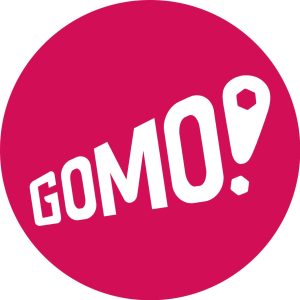 In the Philippines, mobile network prefixes are more than just a series of numbers; they are vital for ensuring efficient communication and cost-effective connectivity.
In the Philippines, mobile network prefixes are more than just a series of numbers; they are vital for ensuring efficient communication and cost-effective connectivity.
Each mobile network provider, be it Smart, Globe, Sun Cellular, or the newer players like DITO and GOMO, assigns specific prefixes to its subscribers.
These prefixes play a crucial role in identifying the network a mobile number belongs to, which is crucial in a country with diverse and widespread geographic areas.
The Importance of Prefix Awareness
Understanding these prefixes can significantly impact how users manage their call and text charges.
For instance, calls or texts to the same network (intra-network) are often cheaper than those sent across different networks (inter-network).
Therefore, knowing the prefix of the number you are contacting can lead to considerable savings, especially in a country with high mobile phone usage like the Philippines.
Key Technological Advancements in Philippine Telecoms
The Philippine telecommunications industry is not just about competing network providers; it’s also characterized by significant technological advancements that enhance user experience and connectivity.
eSIM Technology: A Game Changer
The introduction of eSIM technology by major players like Globe and Smart represents a significant leap forward.
This technology eliminates the need for physical SIM cards, offering a more seamless and flexible way for users, especially tourists, to stay connected.
The availability of eSIMs at major entry points like airports makes it convenient for travelers to access local networks without the hassle of switching SIM cards.
Innovations by New Market Entrants
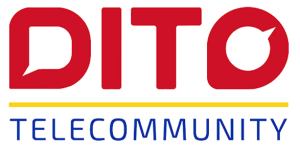 New entrants like DITO and GOMO are not just adding to the competition; they are also introducing innovative services that cater to the evolving needs of Filipino consumers.
New entrants like DITO and GOMO are not just adding to the competition; they are also introducing innovative services that cater to the evolving needs of Filipino consumers.
From unique data-driven packages by GOMO to DITO’s focus on enhancing connectivity for various sectors, these companies are significantly contributing to the technological growth of the industry.
Understanding the Impact of Recent Legislative Changes
The Philippine telecommunications sector is also shaped by legislative changes that aim to improve the digital economy and user experience.
For example, the proposal to eliminate e-wallet fees for minor transactions is a significant move towards enhancing financial inclusion and promoting a digital economy in the Philippines.
Such legislative efforts reflect the government’s commitment to supporting the growth and evolution of the telecom sector in line with global trends.
Network Resilience and Security: A Priority
In a country prone to natural disasters like the Philippines, network resilience is crucial.
The commitment of major networks like PLDT, Smart, and Globe to maintain operations during events like Tropical Storm Kabayan demonstrates their dedication to ensuring uninterrupted communication during emergencies.
Additionally, the steps taken by providers like Globe to enhance SIM registration systems for better security and fraud prevention are vital for protecting consumer interests.
Financial Strategies of Telecom Companies
The financial strategies of telecom companies, such as Globe Telecom’s recent loan acquisition, highlight the ongoing efforts to sustain growth and development in the industry.
These financial moves are not just about expansion; they also reflect the strategic planning required to stay ahead in a highly competitive and rapidly evolving market.
As we have seen, the Philippine telecommunications industry is a complex and dynamic sector, marked by a blend of innovative technology, strategic legislative and financial moves, and a strong focus on consumer needs and network resilience.
Understanding these aspects provides a comprehensive view of the industry and its future direction.
Navigating Mobile Network Complexities: A User’s Guide
For both new and seasoned users, navigating the intricacies of the Philippines’ telecommunications landscape can be challenging.
From choosing the right network provider to understanding the nuances of network prefixes, users need clear and comprehensive guidance.
Guides and Resources for Better Understanding
SOG Philippines offers a range of guides and resources that help demystify these complexities.
These guides provide clarity on topics ranging from identifying network carriers to troubleshooting common issues, ensuring that users are well-equipped to make informed decisions and stay connected with the best service possible.
Staying Informed and Connected
With the constant evolution of the telecom sector, staying updated with the latest developments, be it technological advancements or legislative changes, is crucial.
SOG Philippines’ blog section serves as a valuable resource for staying informed about the latest trends and news in the industry.
Whether it’s updates on eSIM technology, legislative proposals, or financial strategies of telecom companies, these insights are vital for users to navigate the telecom landscape effectively.
Conclusion: The Ever-Evolving Telecom Landscape in the Philippines
The telecommunications industry in the Philippines is a dynamic and evolving sector, shaped by a blend of competitive network providers, legislative changes, technological advancements, and strategic financial decisions.
From the importance of mobile network prefixes to the role of new market entrants and the impact of legislative developments, this industry is a vital component of the country’s digital economy.
For those looking to stay informed and connected, understanding these aspects is crucial.
Resources like SOG Philippines play a pivotal role in providing valuable insights and guides, helping users navigate this complex landscape with ease.
As the industry continues to evolve, staying abreast of these changes will be key to leveraging the opportunities and innovations that the Philippine telecommunications sector has to offer.
